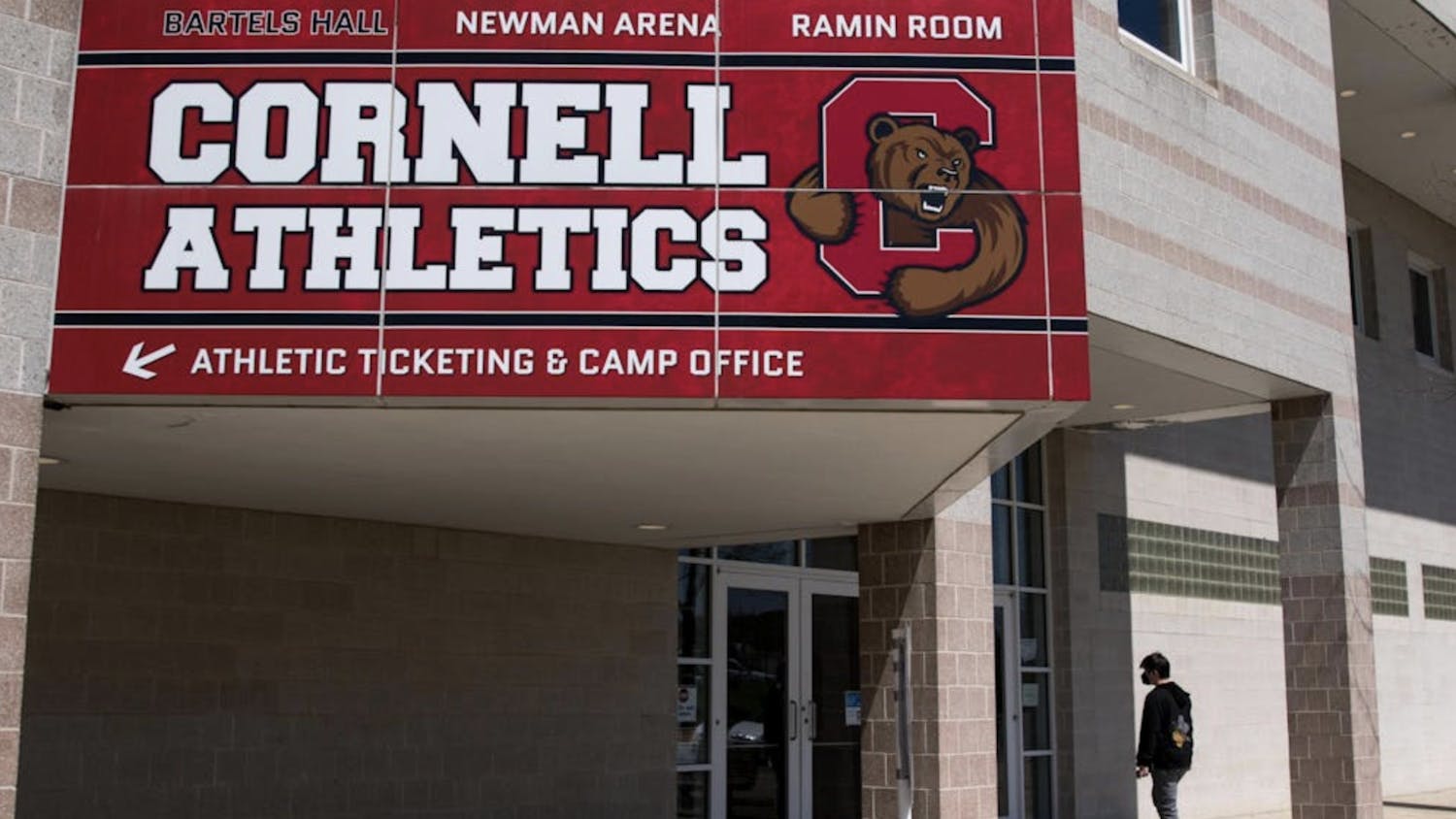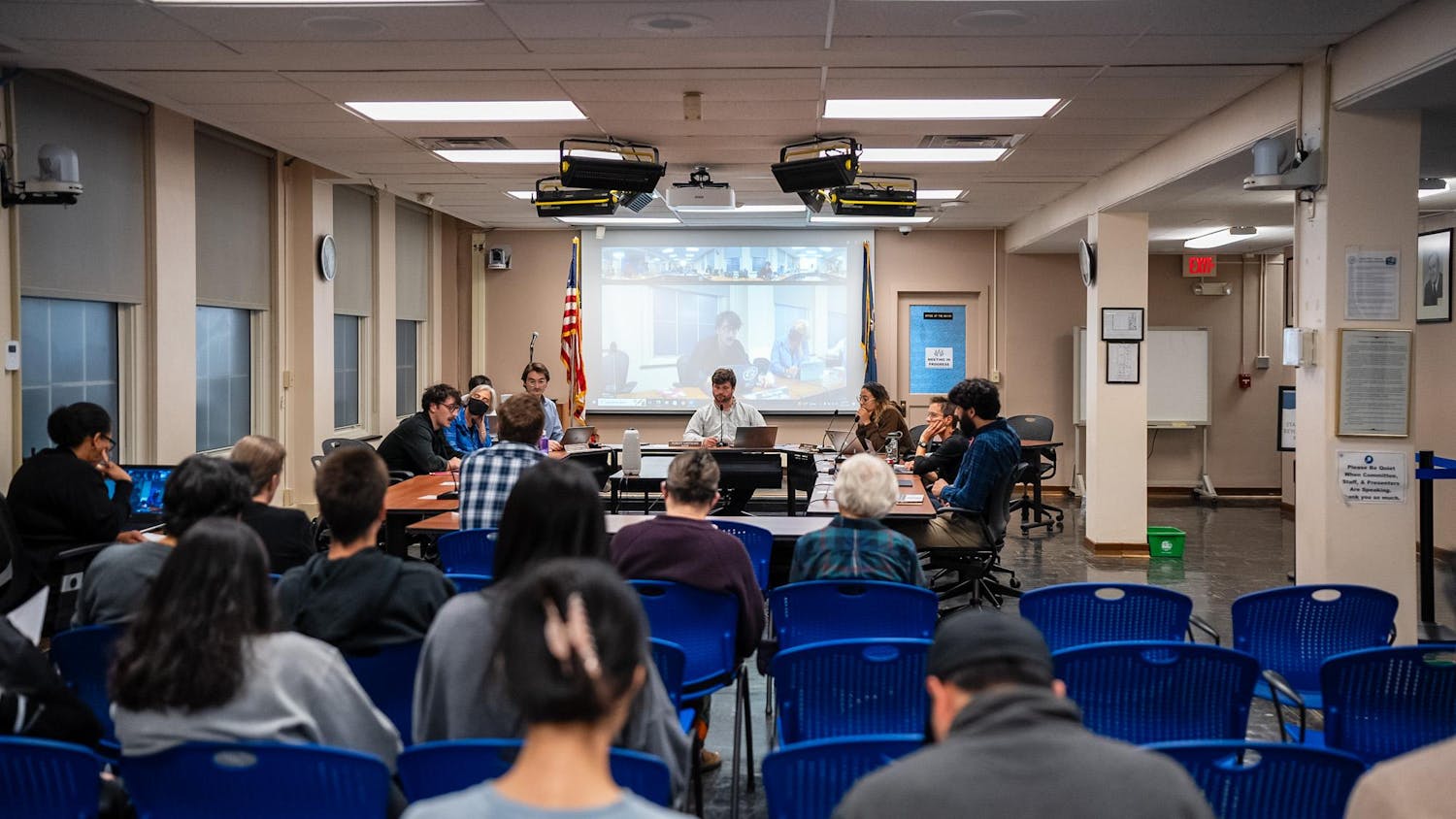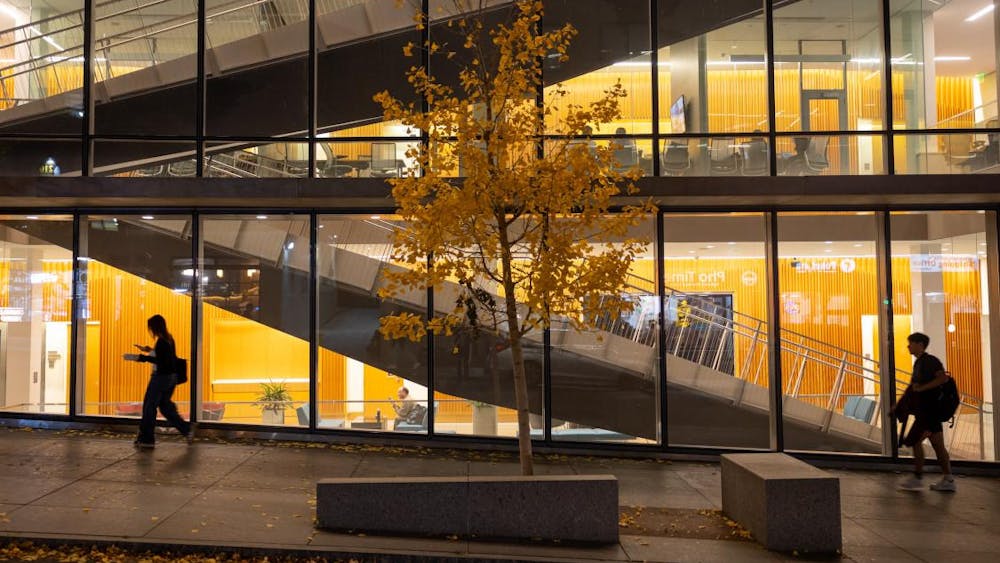Correction Appended As of the end of August, approximately 550 returning students with completed financial aid applications are still waiting to receive their financial aid packages. Of those students who have received their packages, many claim to have waited much longer than usual. Although acknowledging a possible increase in financial aid applications this year relative to last, the office of financial aid and student employment referred to the processing delay as relatively “typical” for the start of the fall semester. Susan Hitchcock, director of operations in the OFASE, stated in an e-mail, “There is a slight increase in aid applications. At this time it is difficult to determine if this is a result of the economic times or the recent financial aid initiative … We are busy, but the financial aid staff feel[s] this is typical for the start of the academic year.” Typical or not, the students who have yet to receive their aid are being forced to juggle the added stress of financial uncertainty with the start of classes. “It’s very unsettling,” stated Samantha Ray ’11 in an e-mail. “I still haven’t heard whether or not I’m getting a loan like I did last year, which is obviously annoying. My dad simply paid something similar to what I owed for last fall and hoped it was right. Obviously that creates a certain degree of financial insecurity for us.” Unlike Ray, not all students advised by the OFASE to pay what they owed the previous year, in the absence of their current financial aid package, are able to do so. Restrictions apply for those students who have yet to pay their bursar balance. “If a student’s bursar account is not paid for the fall, there can be restrictions,” stated Hitchcock. “They cannot use their Cornell Card, lab participation can be affected, resources cannot be checked out from the libraries and campus employment can be restricted.” Other students had to wait until the very end of summer to receive their aid package. “The people [in] the financial aid office were really slow about sending the [financial aid] package,” stated Jenny Cheung ’11, who didn’t receive her package until the second week in August. “In previous years it was pretty quick. I got nervous. … Not having it when other people did was pretty stressful.” For some students, waiting on a financial aid package until the very end of summer has meant postponing organizing their financial arrangements. “By the time I received the financial aid package … I still [had] to get a private loan from an outside lender; and by that time, it was already well past [Cornell’s] registration deadline,” stated Jeffrey Krock grad in an e-mail. Krock did not receive his aid package until the week before classes started. “It was quite frustrating to say the least, because then you have to talk to the bursar and convince them that you are going to pay the bill off [and convince them to waive the late fees]. … It’s another unnecessary stress that Cornell students shouldn’t have to deal with,” Krock stated. Last fall, an even worse delay in the processing of financial aid applications was attributed to the implementation of the new Peoplesoft software. According to The Sun, by the 12th day of classes, 750 students had yet to receive their aid packages. Although operations in the OFASE may now be running more efficiently, the question remains as to how much of the current delay is unavoidable. According to Hitchcock, all of the new student applications have been completed and much of the processing delay experienced by continuing student applicants is attributable to late applications or missing documents. “We have received over 5,200 continuing student aid applications. Nearly 800 of these applications are still missing supporting documents and cannot be reviewed. Approximately 550 continuing students have complete aid applications and need to be reviewed. Many of these students just completed their aid applications recently,” Hitchcock stated. With the OFASE processing approximately 75 applications per day, students hope their continued wait will be short-lived. The original article attributed a quote to an incorrect source. The source of this quote is in fact Samantha Ray '11.
FinAid Office Backup Causes Delay
Reading time: about 4 minutes
Read More










